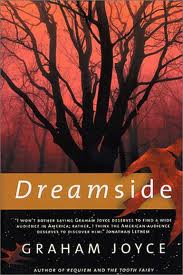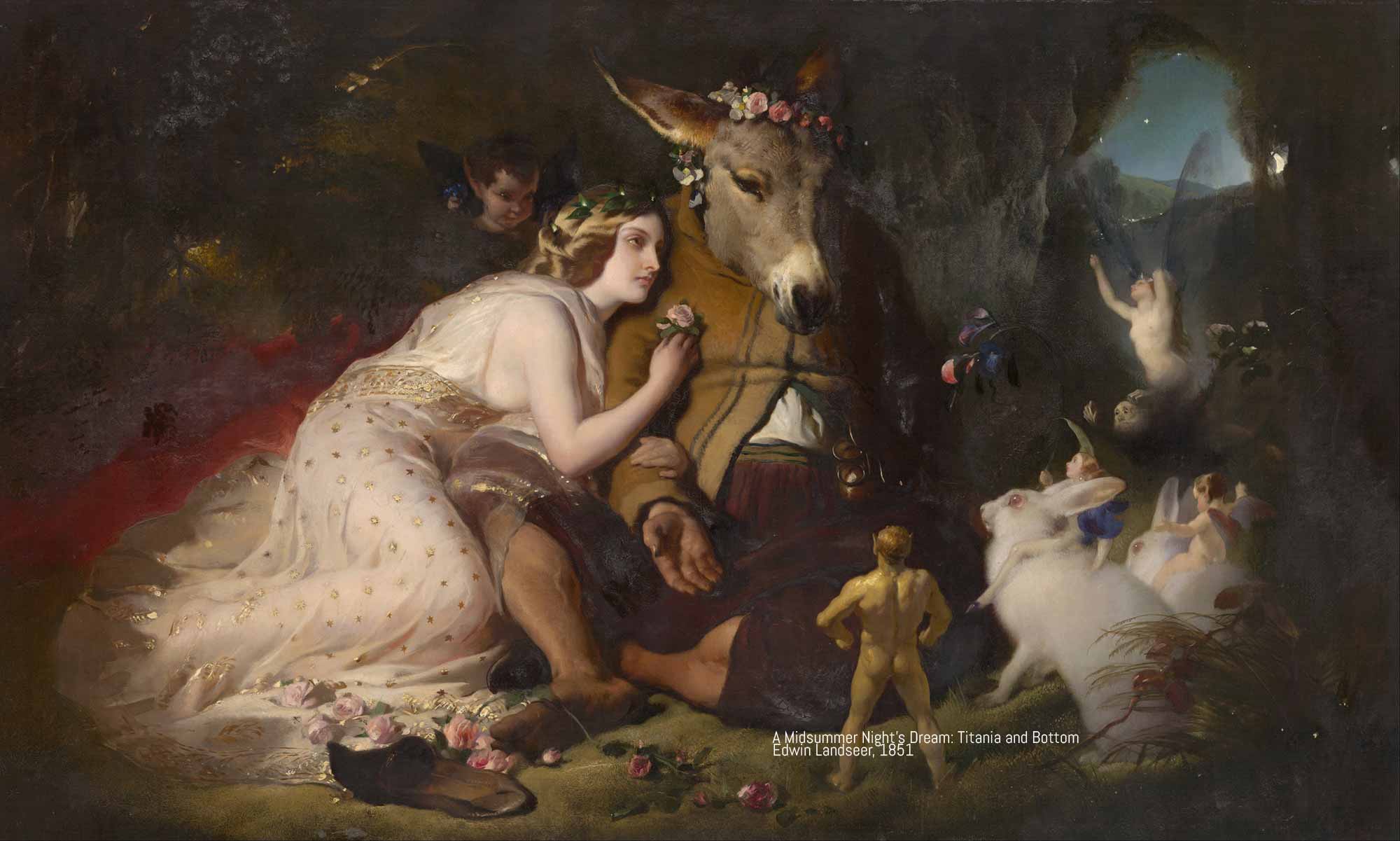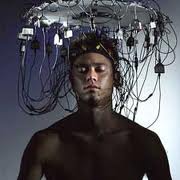 Later this month (3-23) I’m joining British novelist Graham Joyce at the Rubin Museum in New York City to discuss “Are Dreams Pure Fantasy?” as part of the museum’s “Brainwave” lecture series on dreams. I’ve just read Joyce’s first novel, Dreamside, and it’s a hauntingly beautiful tale, both frightening and inspiring. It raises vital questions about the perils and potentials of lucid dreaming.
Later this month (3-23) I’m joining British novelist Graham Joyce at the Rubin Museum in New York City to discuss “Are Dreams Pure Fantasy?” as part of the museum’s “Brainwave” lecture series on dreams. I’ve just read Joyce’s first novel, Dreamside, and it’s a hauntingly beautiful tale, both frightening and inspiring. It raises vital questions about the perils and potentials of lucid dreaming.
Written in 1991, the novel accurately conveys the naïve excitement many people felt at that time about early psychological research on consciousness in dreaming. The story concerns four college students who sign up for a study on the induction of lucid dreams. The students form an unlikely team, each driven by very different motives. Ella, a mercurial, sexually alluring spiritual seeker, will do and say anything to achieve transcendence. Lee, the central character, is a stolid, rather conventional guy painfully captivated by Ella’s erotic energy. Brad, a medical student, has the most advanced innate skills at lucid dreaming, but he’s a cynical, drunken lout who can only express his sexual desires in the crudest of ways. Honora, from Ireland, is the quietest and most innocent of the group. Of them all, she is the most sincere in her desire to learn about dreaming.
Their guide from waking reality into Dreamside is Professor Burns, an elderly psychologist with a hobbyist’s interest in parapsychology and an ornery disregard for other people’s feelings. Initially the lucid dream induction seminar is just a sham, as the Professor is in fact conducting a study of small group dynamics. But when the students begin succeeding in their efforts—when they learn how to become aware in dreams, interact with each other, and perform various experiments to test their Dreamside abilities—Prof. Burns becomes excited, too, and pushes them further and further.
Without revealing any other plot developments, it may simply be said that everyone involved reaches a point where they deeply regret their blind rush into alien realms of psychic experience.
The moral of the story is not that lucid dreaming is bad. Nor is it that Prof. Burns might have benefited from the input of a human subjects committee, though that’s undoubtedly true. It’s rather that we need to ask the right questions about lucid dreaming. The characters in Dreamside are so intent on figuring out how to induce lucid dreaming that they never ask themselves why they want to do so in the first place. The “how” question is relatively easy, but if you haven’t reflected carefully on the “why” question you may find yourself woefully unprepared for what you encounter.
This is the same message that Hindu and Buddhist sages have taught for centuries: it is indeed possible to learn lucid dreaming techniques, but those techniques are best practiced within a context of spiritual training, guidance, and self-reflection. The college students in Dreamside have grown up in the morally impoverished world of Thatcher-era Britain, and they have few cultural resources to help them make sense of their experiences. Perhaps the greatest achievement of Joyce’s novel is that it provides what its characters lack—a wise and healthily cautious understanding of human dreaming potential.

